
Gênero e Número and Instituto AzMina help monitor hate on YouTube and proposed laws that affect women and LGBTQ communities.

A report from Observatório Lupa finds AI-generated falsehoods have tripled since 2024, including videos blending real and fabricated clips, fake text exchanges and selfie videos targeting public officials.

Brazil’s celebrity gossip accounts, with larger audiences than legacy news outlets, are being used to promote favorable narratives about public figures outside traditional journalistic scrutiny.
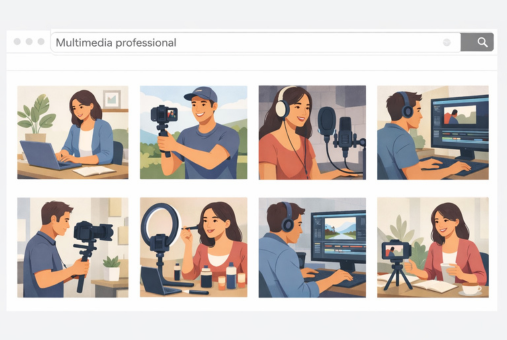
A new law recognizing “multimedia professionals” has drawn opposition from labor unions, which warn it could undermine journalist protections in a time of job losses, automation and rising misinformation.
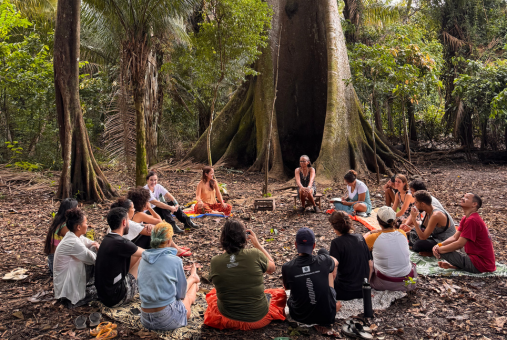
In Brazil, a new generation of storytellers is blending western journalism ethics with Indigenous narrative traditions, reshaping how the rainforest is seen and heard.
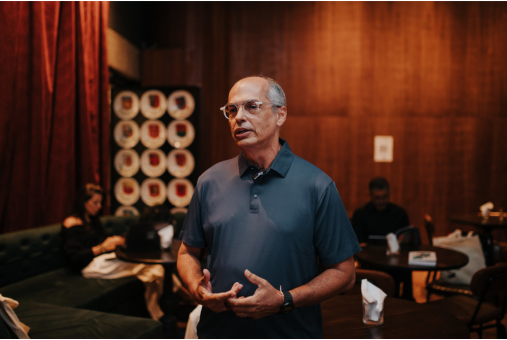
A 2013 conviction of a Brazilian columnist over a work of fiction became a symbol of a broader phenomenon. More than ten years later, hundreds of lawsuits reshape how journalists do their work.

Journalists say José Luiz Datena’s sensationalist record and human-rights violations make him incompatible with EBC’s mission, and call his appointment political interference.

Brazilian social media users now favor news creators over traditional brands, a Reuters Institute study finds. The trend opens opportunities for collaboration between creators and newsrooms.
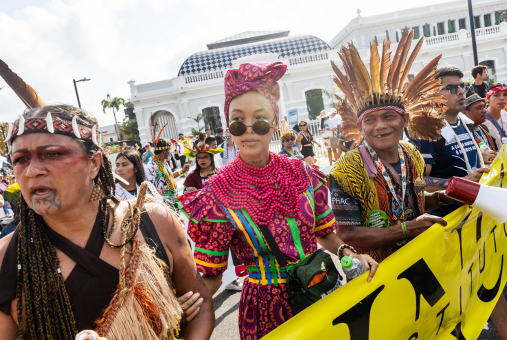
Independent newsrooms from host city Belém and across Brazil joined forces to play to their strengths and center communities already living with the effects of climate change.

Disinformation experts from Brazil, Mexico and the U.S. explain why journalists must join the fight and help their audiences prevent fraud.

LJR interviewed Thaís Bernardes, founder of public safety-focused outlet Notícia Preta, about serving community needs, treating the dead ethically and covering extreme violence.
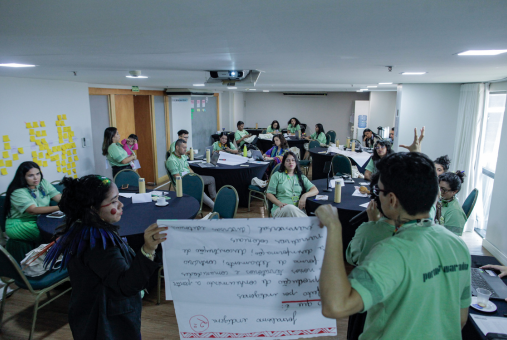
Tired of being misquoted and misnamed, Indigenous journalists at COP30 in Belém are pre-launching “Good News,” a guide to help reporters cover Indigenous peoples accurately and ethically.